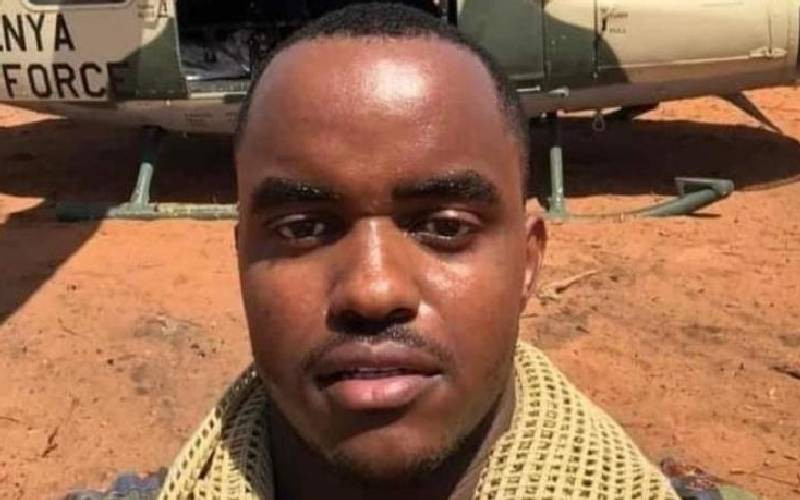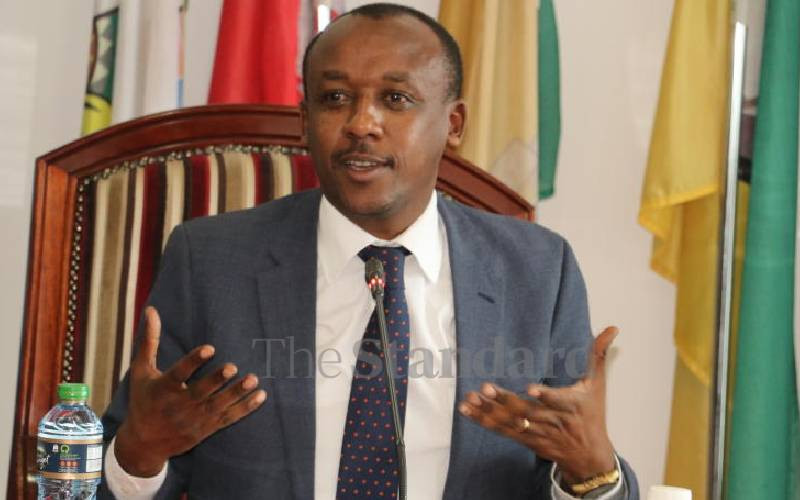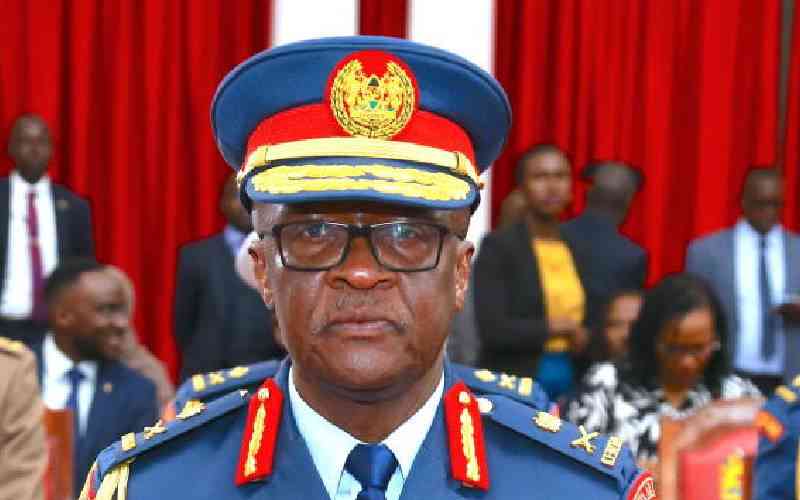By Kipkirui K’Telwa
A few weeks ago, I lost a niece under mysterious circumstances. She gasped her last breath at a provincial general hospital as the guards looked on, helplessly. She had been referred to the hospital from a university clinic where she had spent two days fighting for her life as nurses struggled to determine whether she was suffering from typhoid or pneumonia.
I broke down as my brother-in-law narrated how his daughter died needlessly. The worst thing is this was the second time my sister and brother-in-law were losing a child at the same hospital.
While it is true no one is turned away from a public hospital unless the facility does not offer the specific services needed, and that every Kenyan must be served for ‘free’, these two principles have combined to rob Kenyans of their lives. There is no treatment at all.
On a recent sojourn in Rift Valley Province, I arrived at a hospital in Bomet one early evening. There were donkeys lying about as others grazed at the waiting bay. As I waited for my host, two men wheeled out an elderly woman who was bleeding from a deep cut on her left foot.
I inquired why she was being taken home when she should be treated.
"The patients have to go home until tomorrow because there is neither a doctor nor space to accommodate her overnight," I was told.
The doctor, I was further made to understand, had gone to sleep, and nurses are not allowed to perform any surgery. Pharmacy, too, closes after 5pm till the following day.
As I listened to the horrors that bedevil our hospitals, I learned that patients share beds, bed sheets or blankets, which are hard to come by.
"Clever patients come along with their personal effects including blankets," a nurse told me.
Unfortunately, most poor Kenyans have to go through all these horrors as they rely on public health services where drugs and medical personnel are in acute shortage.
While others have to queue for days before getting admission, many lie on the floor at emergency rooms as they wait for doctors who rarely turn up.
Despite shortages of both basic drugs and medical personnel, many still stream into public health centres to seek non-existing services.
These sad scenarios demonstrate how the political class take advantage of overtaxed citizens in the name of free medical care for the poor.
Doctors work at their convenience and medical supplies are unpredictable.
Stay informed. Subscribe to our newsletter
Medics earn low fixed monthly salaries not commensurate with their social status. Market rules do not work.
Qualified medics no longer find it rewarding to be employed by the State. So the few who stick around public hospitals have to deal with surging numbers of patients. Because salaries no longer depend on their professional skills or the number of patients they treated, many of them run their own private clinics.
This is what a nurse told me: " In the evening the doctors go home, the pharmacy closes and I am forced to sub-divide drugs to meet the number of patients who arrive at night. It is stressful," she said, fighting back tears.
Specialised services such as dialysis, mammograms, ultrasounds, are rare in public hospitals.
And many patients often die as they wait to be treated. The queue to specialised treatment rooms is long. It is a life-threatening experience. I will always blame the free medical system for the needless death of my young niece.
—The writer ([email protected]) is a Sub Editor with The Standard Online
 The Standard Group Plc is a
multi-media organization with investments in media platforms spanning newspaper
print operations, television, radio broadcasting, digital and online services. The
Standard Group is recognized as a leading multi-media house in Kenya with a key
influence in matters of national and international interest.
The Standard Group Plc is a
multi-media organization with investments in media platforms spanning newspaper
print operations, television, radio broadcasting, digital and online services. The
Standard Group is recognized as a leading multi-media house in Kenya with a key
influence in matters of national and international interest.
 The Standard Group Plc is a
multi-media organization with investments in media platforms spanning newspaper
print operations, television, radio broadcasting, digital and online services. The
Standard Group is recognized as a leading multi-media house in Kenya with a key
influence in matters of national and international interest.
The Standard Group Plc is a
multi-media organization with investments in media platforms spanning newspaper
print operations, television, radio broadcasting, digital and online services. The
Standard Group is recognized as a leading multi-media house in Kenya with a key
influence in matters of national and international interest.







